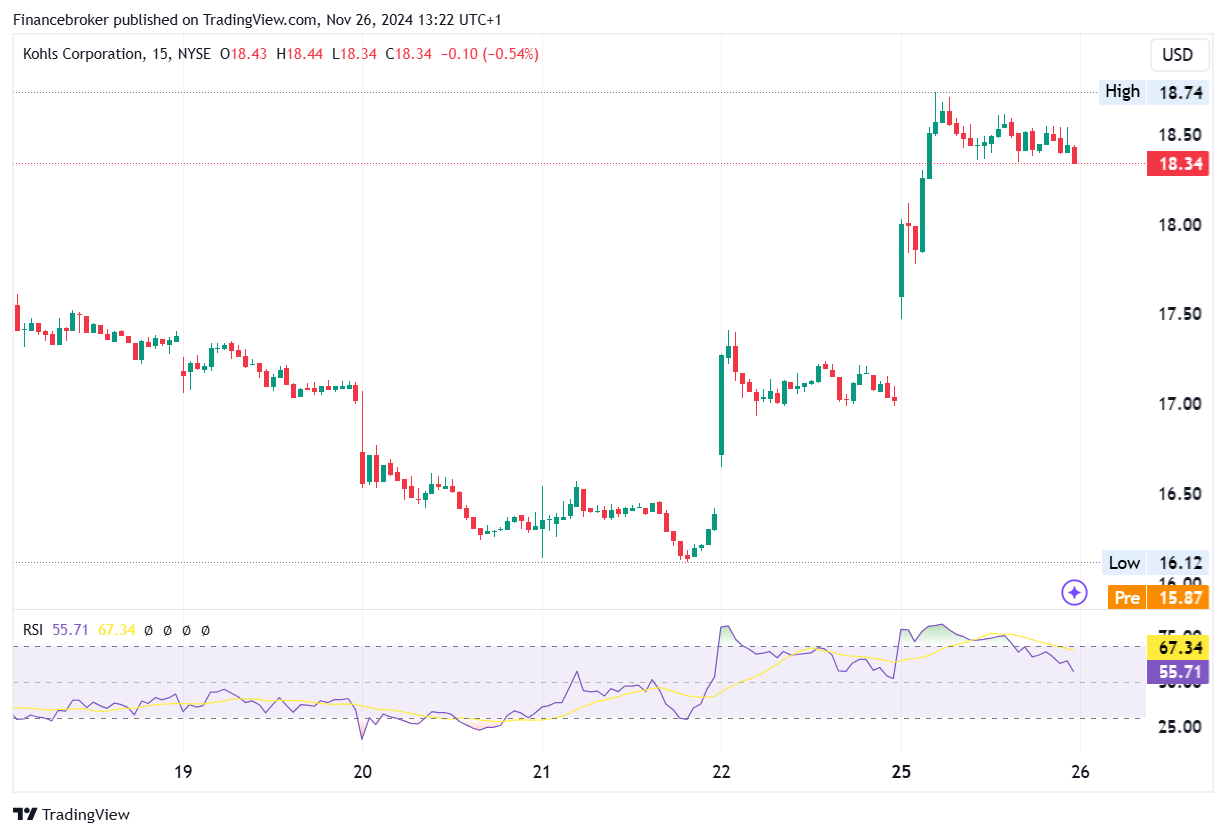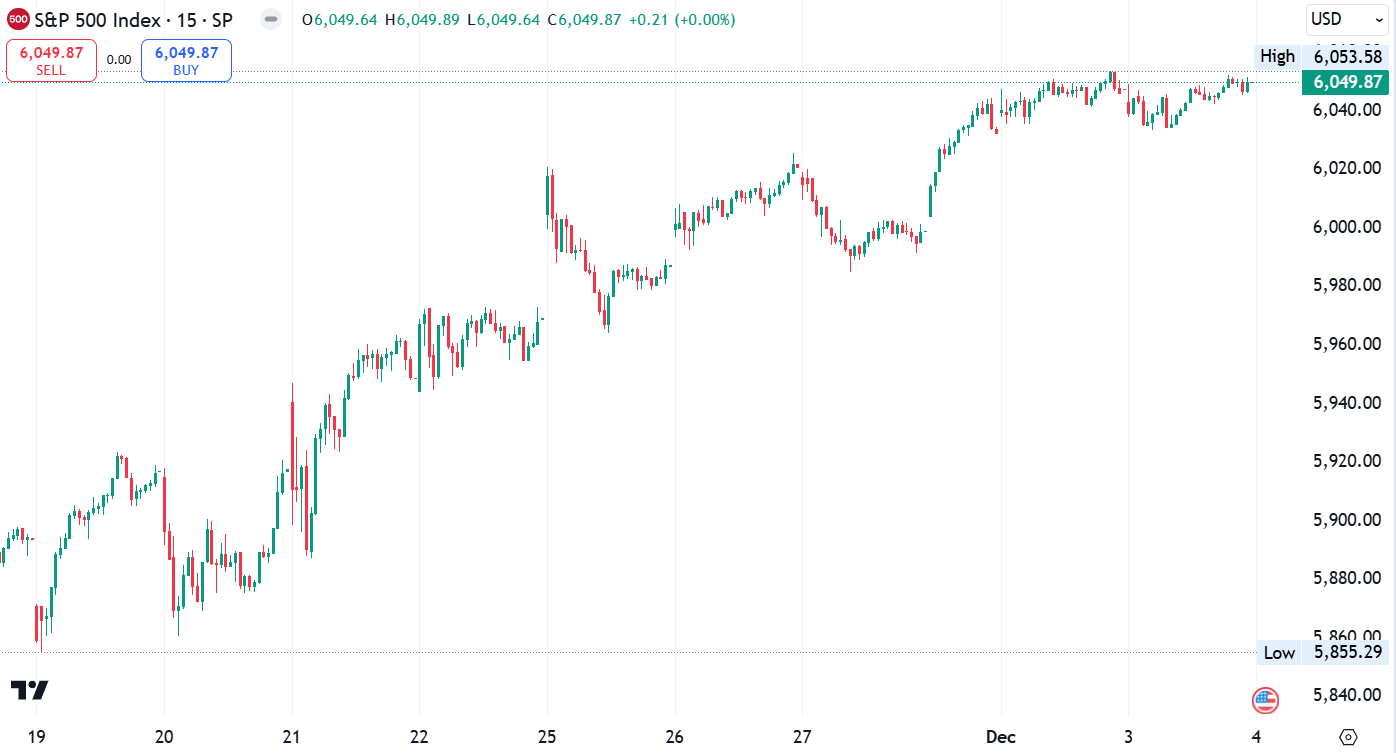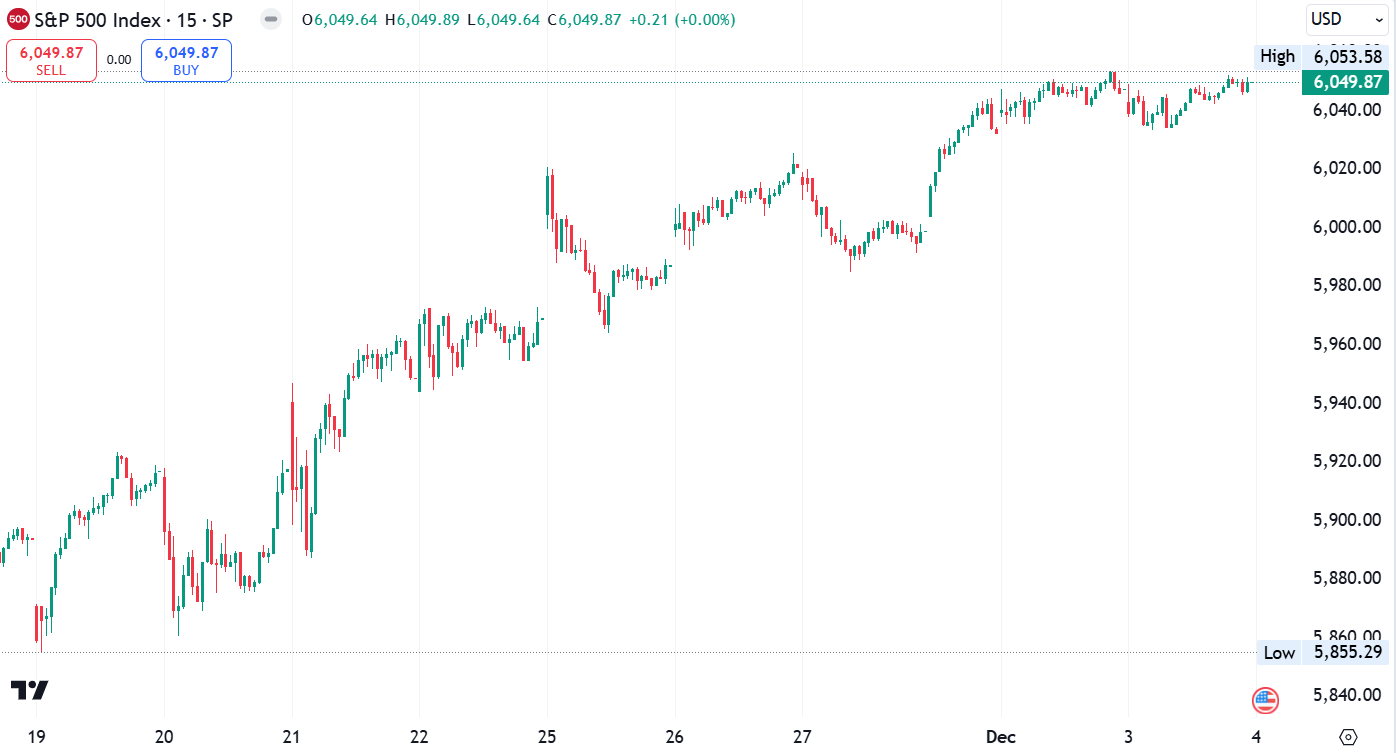Economy
27-11-2024 11:38
11 Views
Kohl’s Stock Take a Dramatic 11% Dive!

Emerging Challenges and Corporate Struggles in the Retail Sector
In the contemporary corporate arena, a multitude of fluctuations exist, which can positively or adversely impact a company's Performance. Taking a closer look at the retail sector, one can observe that countless entities are grappling to stay afloat amid an unstable economy and robust competition. Of note, is the retail heavyweight Kohl's. While the company previously displayed commendable resilience in the face of daunting market challenges, it appears to have hit a snag with its shares undergoing a considerable decrease.
Recent reports indicated a significant drop in Kohl's shares by 11% subsequent to the release of its disappointing expectations for 2020. As per the cited document from Finance Brokerage, the retail giant stated that its profits for 2020 would stand between $4.20 and $4.60 per share, a figure noticeably below the Wall Street estimation of $4.88 per share.
This unfavorable financial prognosis came about as a consequence of increased markdowns that the company experienced during the holiday shopping period. It is worth noting that the holiday season is typically a key period of profitability for retail companies. Therefore, Kohl's revelation of higher than expected promotional activity, impacting its profitability margins negatively, came as quite a shock to investors.
Another concerning element in Kohl's current situation is revolving around inventory management. One of the major reasons for the unsatisfactory holiday sales was said to be an excess of seasonal inventory, which forced the company to lower their prices to clear stock. Excessive inventory poses a risk to the operating health of retail companies, and therefore, directly affects their bottom line.
Outside analysts acknowledge Kohl's struggle with rough patches in their fiscal journey. One of these observers is Alexandra Walvis from Goldman Sachs, who has downgraded Kohl's stocks from neutral to sell. The markdown is primarily owing to persistent concerns regarding the company's profitability as well as the trajectory of its future earnings.
With the challenging retail landscape in the United States and the mounting pressure from e-commerce platforms, Kohl's seems to be grappling with a host of issues. Some of these include the need for reinvention and adaptation, inventory management, and the necessity to compete on various fronts – pricing, selection, and shopping convenience – to remain a compelling option for modern customers.
To get through these testing times, Kohl's will need to re-evaluate its strategies and make necessary adjustments. They will need to demonstrate agility and resourcefulness to navigate this challenging phase and enrich investor confidence. Crucially, like any other company encountering such a situation, they will need to strike a balance between short-term recovery measures and long-term growth strategies.
The story of Kohl's serves to highlight the challenges faced by many other retail giants operating in fiercely competitive markets. It presents a vivid illustration of what can occur when unexpected dynamics materialize in the market and how being unprepared for such eventualities can lead to profound corporate struggles. High volatility periods such as these reiterate the importance of strong strategic management, efficient resource utilization, and most importantly, agility in response to market changes. It is safe to say that in today's corporate world, survival of the fittest is no longer merely a Darwinian concept. Companies,




